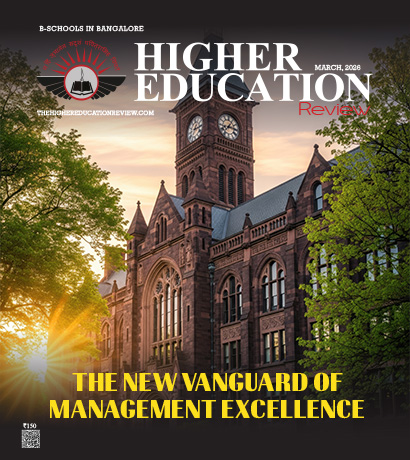Ecole Normale Superieure
Conceived during the French Revolution, Ecole Normale Superieure is a platform for many of France's students to pursue careers in government and academia. Founded in 1794, ENS is a unique institution that plays a central role, for over two centuries, in the training of French elites.
The school has seven departments in its "Sciences" section in mathematics, physics, computer science, chemistry, biology, geo science and cognitive science. It also has eight departments in its "Letters" section: philosophy, literature, history, classics, social science, economics, geography, and art history and theory. In addition to these fifteen departments, a language laboratory for non-specialists offers courses in most major world languages to all the students. The institute is also equipped with additional centres of research and laboratories to function as nodes of research.
The institute supports the international selection wherein specification seats are reserved for the foreign students and the institute also offers 25 scholarships per year in arts and sciences. The successful applicants are housed on the campus and enjoy the scholarship for the two or three years of study at school. Foreign students are provided with an opportunity to integrate the institute through the contests in Humanities, Social Sciences and Sciences. International students are catered up to one year as part of the bilateral academic exchanges. They can also study a few months at the school through an Erasmus program or in favour of a European curriculum. The institute in several ways allows foreign students to study at the ENS for a few months or years.
The institute basically seeks to train its students to become researchers. The students are free to choose their own course of study but must at least attain a master's degree in research. ENS cultivates a large number of partnerships and conventions with other higher education institutions to create master's degrees, which are co-presided by two institutions. Furthermore, ENS has strong partnerships for research at Master's and Doctorate levels, sending its students to universities around the world to complete their learning. It also shares thesis facilitation with universities abroad, with support from both the ENS and one of its partner institutions. Students get opportunities in the literary and linguistic subjects to go to teach for one year in universities abroad with the position of junior fellows. These exchange and cooperation programs link ENS with other universities. Through effective teaching strategies, ENS strives to continue its journey to make future leaders.
The school has seven departments in its "Sciences" section in mathematics, physics, computer science, chemistry, biology, geo science and cognitive science. It also has eight departments in its "Letters" section: philosophy, literature, history, classics, social science, economics, geography, and art history and theory. In addition to these fifteen departments, a language laboratory for non-specialists offers courses in most major world languages to all the students. The institute is also equipped with additional centres of research and laboratories to function as nodes of research.
The institute supports the international selection wherein specification seats are reserved for the foreign students and the institute also offers 25 scholarships per year in arts and sciences. The successful applicants are housed on the campus and enjoy the scholarship for the two or three years of study at school. Foreign students are provided with an opportunity to integrate the institute through the contests in Humanities, Social Sciences and Sciences. International students are catered up to one year as part of the bilateral academic exchanges. They can also study a few months at the school through an Erasmus program or in favour of a European curriculum. The institute in several ways allows foreign students to study at the ENS for a few months or years.
The institute basically seeks to train its students to become researchers. The students are free to choose their own course of study but must at least attain a master's degree in research. ENS cultivates a large number of partnerships and conventions with other higher education institutions to create master's degrees, which are co-presided by two institutions. Furthermore, ENS has strong partnerships for research at Master's and Doctorate levels, sending its students to universities around the world to complete their learning. It also shares thesis facilitation with universities abroad, with support from both the ENS and one of its partner institutions. Students get opportunities in the literary and linguistic subjects to go to teach for one year in universities abroad with the position of junior fellows. These exchange and cooperation programs link ENS with other universities. Through effective teaching strategies, ENS strives to continue its journey to make future leaders.

